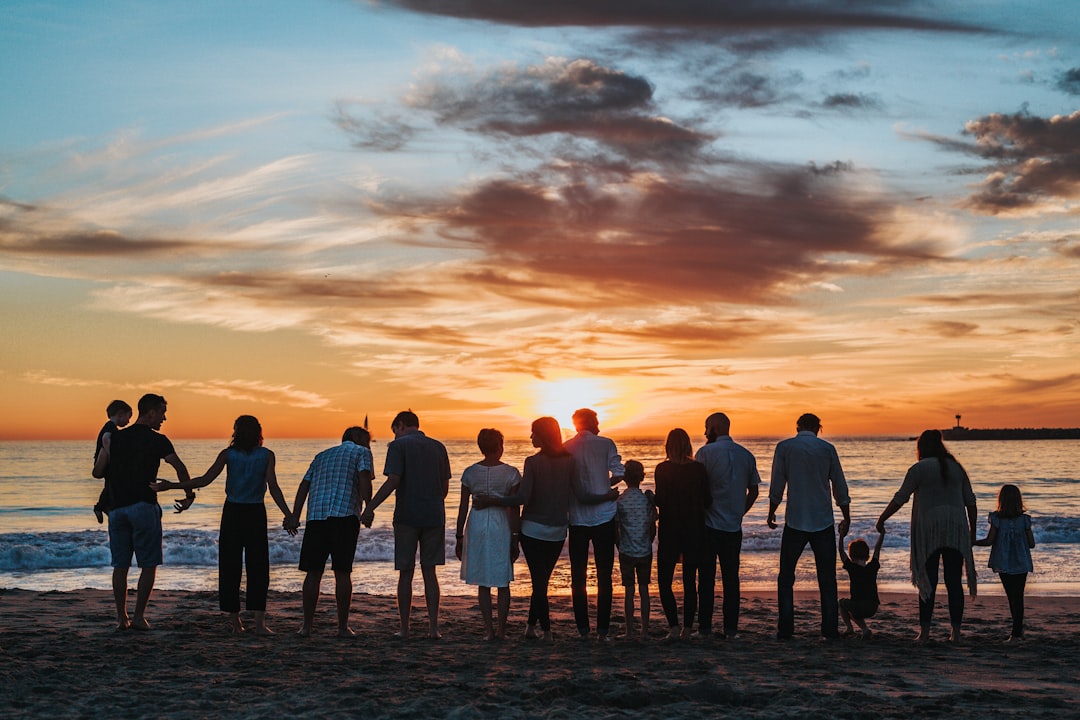Why Active Love and Nourishment Is Essential for Friendships To Thrive
We know the importance of quality time with romantic relationships, what about friendships?
Friendship is considered a noun. But I see it as a verb.
In fact, I see all relationships in this way. I passionately believe that what we get from our friendships directly correlates with what we put in. Science even tells us that friendships make us happier.
When we are passive in our friendships, they will likely pitter out. Yet many of us romanticise that friends are for life, forgetting to put in the work needed to make them last a lifetime.
Even biological family links can not be relied upon to remain in existence forever. Estrangements are complex, they affect a staggering one in five families in the UK, and it’s been mooted that we are facing a “silent epidemic” of family breakups.
Depending on your social web, you may have stronger ties to your chosen family than your biological family.
Either way, it’s time to take action if you seek healthier ties.
Practice romance in platonic relationships
You don’t need to be in a romantic relationship to prac…




